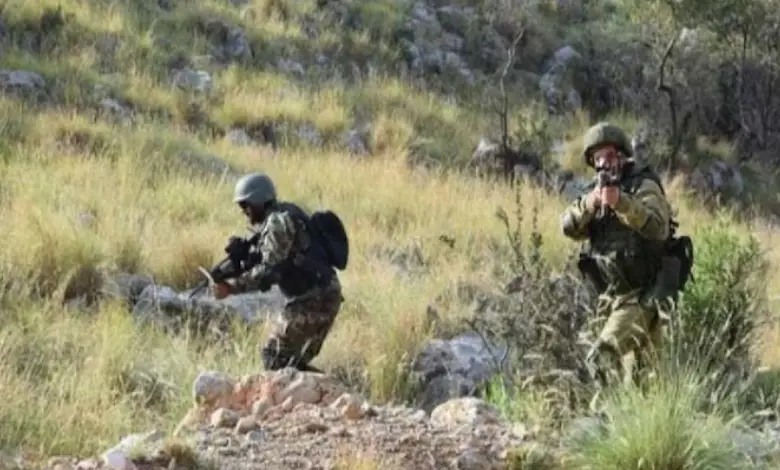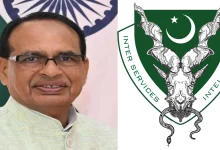
Mumbai – In a significant setback for left-wing extremism in central India, 61 members of the banned CPI (Maoist) group, spearheaded by veteran leader Mallojula Venugopal Rao alias Bhupati, laid down their arms before Maharashtra Police personnel late on October 13 in Fodewada village, located in the Bhamragad area of Gadchiroli district.
The 70-year-old Bhupati, a key architect of the Maoist insurgency, ranks as a central committee member and Polit Bureau figure within the outfit. His decision to abandon the armed struggle marks the culmination of internal disillusionment and sustained security outreach. Among those who followed him into surrender were two state zonal committee members, 10 divisional committee operatives, and rank-and-file fighters hailing from both Maharashtra and neighboring Chhattisgarh.
The group relinquished a cache of 54 firearms, comprising seven AK-47 assault rifles, six self-loading rifles (SLRs), and six INSAS assault rifles, among other weaponry. This development follows closely on the heels of Bhupati’s wife, Tarakka alias Vimala Sidam—a prominent Maoist commander—surrendering several months earlier. His sister-in-law had previously turned herself in to Telangana Police authorities.
Security sources described Bhupati as the intellectual force and second-in-command of the movement, positioned to ascend to the role of general secretary. “He was the brain or the guiding spirit behind the Naxal movement,” one official noted, attributing his shift to dissatisfaction with the group’s evolving tactics and direction. Bhupati’s overtures toward reintegration gained momentum after his wife’s capitulation, amid growing reservations about the insurgency’s viability.
A high-ranking Maharashtra Police officer, speaking to The Hindu, hailed the event as the dissolution of “the core family of the Naxal movement,” terming it “a major step in the elimination” of the Maoist threat. The surrender resulted from four to five months of targeted negotiations by state forces, amid intense rivalry from Chhattisgarh and Telangana counterparts vying to claim the high-profile defection.
Complicating Bhupati’s deliberations was a recent gun battle in Chhattisgarh that heightened his distrust of surrendering there. Resistance from Telangana-based Maoist hardliners further deterred a journey to Hyderabad, prompting him to opt for Maharashtra where he had witnessed favorable rehabilitation for prior defectors, including his spouse.
The formal ceremony, attended by Maharashtra Chief Minister Eknath Shinde, is slated for Wednesday morning in Gadchiroli. A commerce graduate from Pedapalli in Telangana, Bhupati is the sibling of notorious Maoist commanders Kishenji killed in a 2011 encounter in West Bengal and Azad, eliminated two decades prior in Andhra Pradesh.
Government records indicate that since Maoist violence erupted in Maharashtra in 1980, authorities have neutralized 347 insurgents in operations, arrested 4,123 others, and facilitated the surrender of 1,522 rebels, underscoring a steady erosion of the group’s operational capacity in the region.



